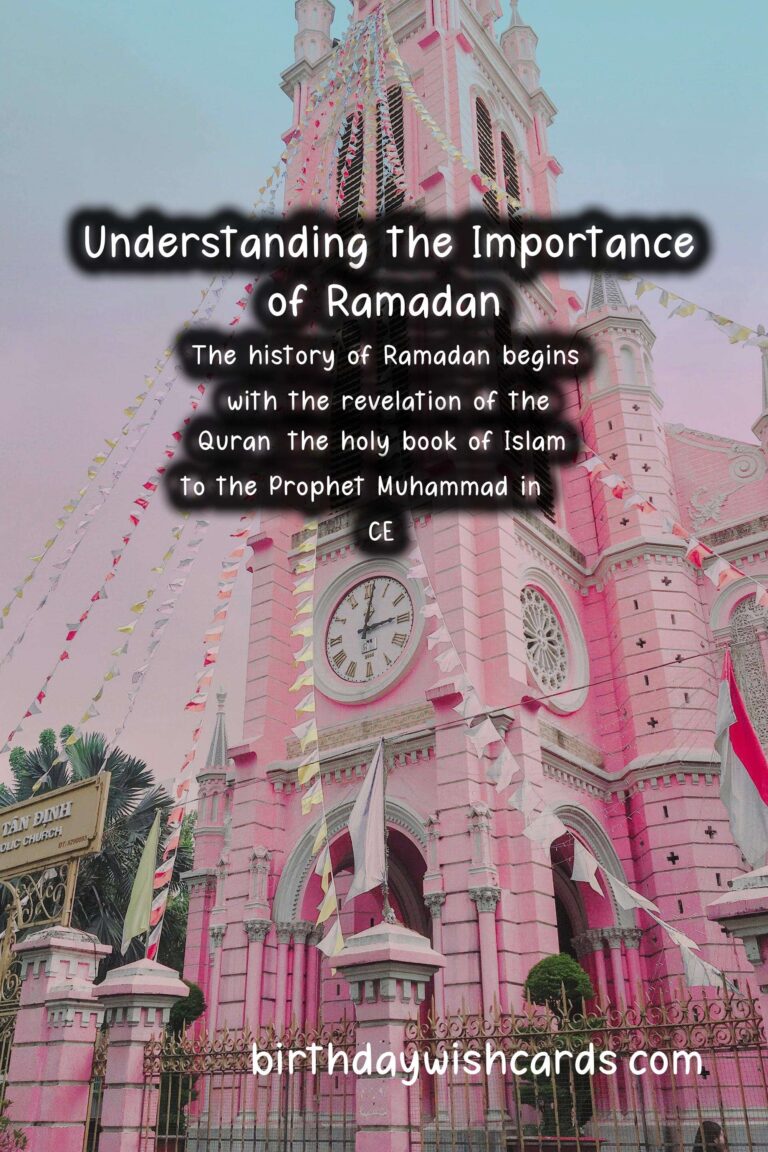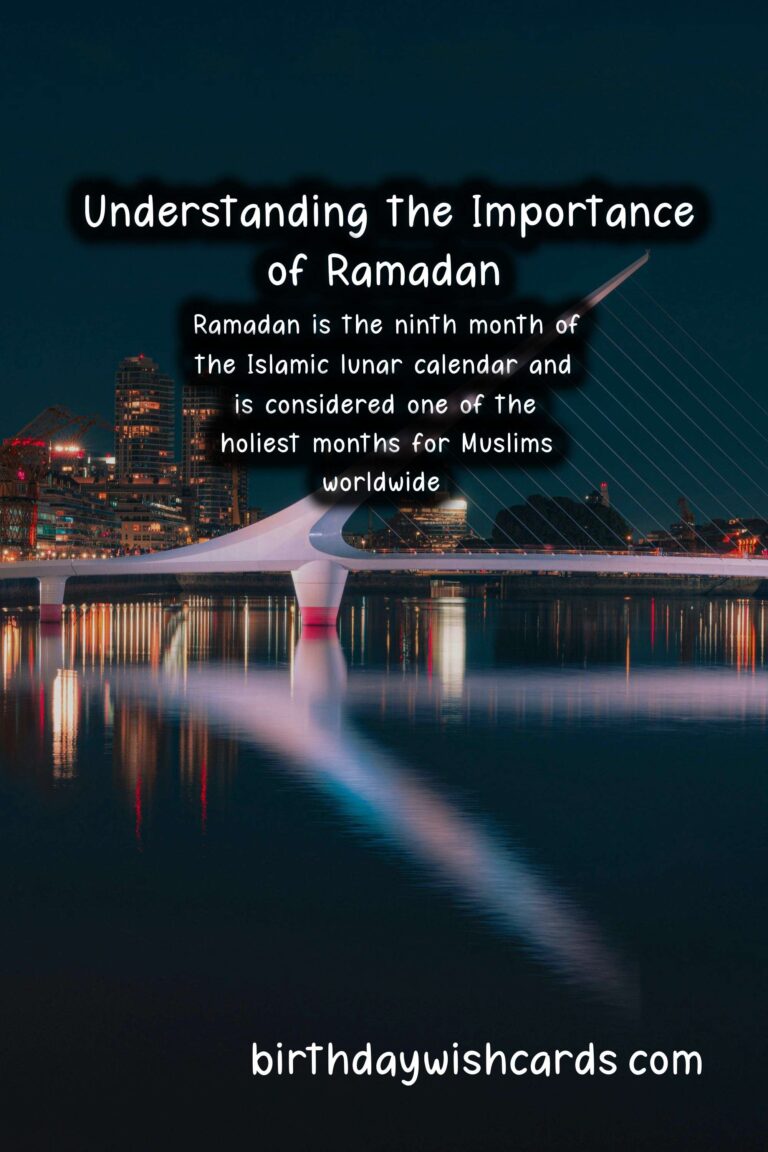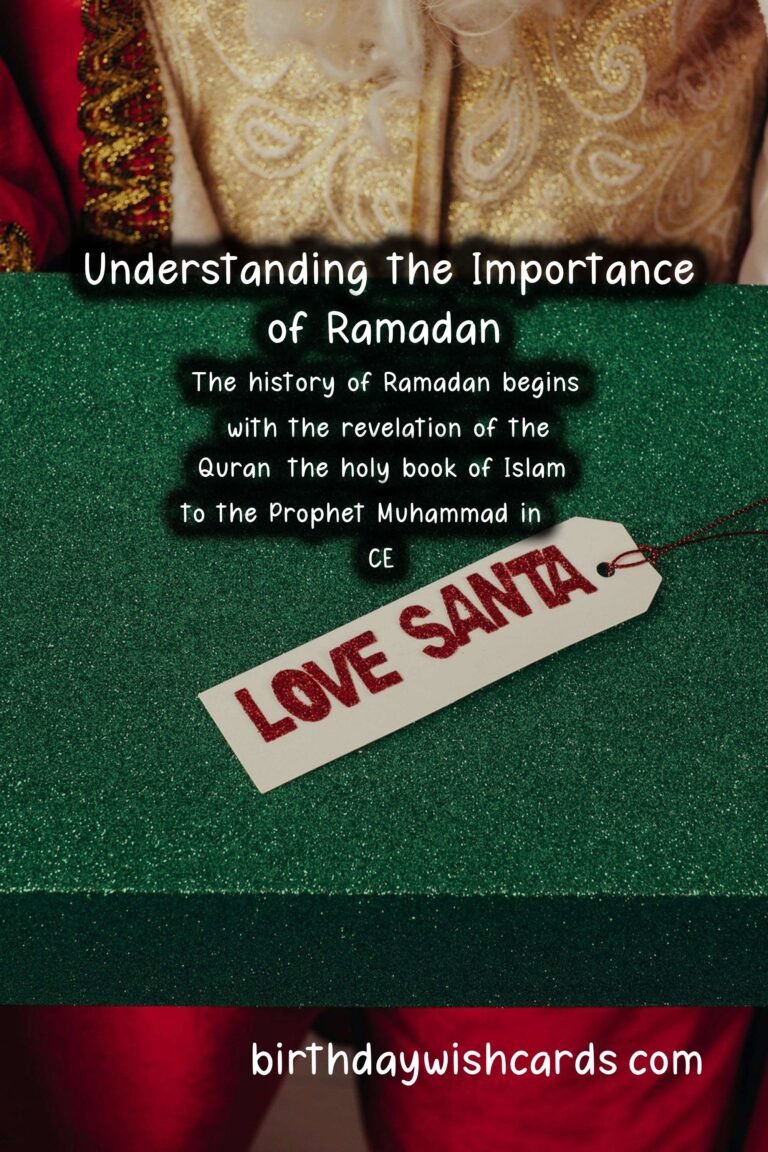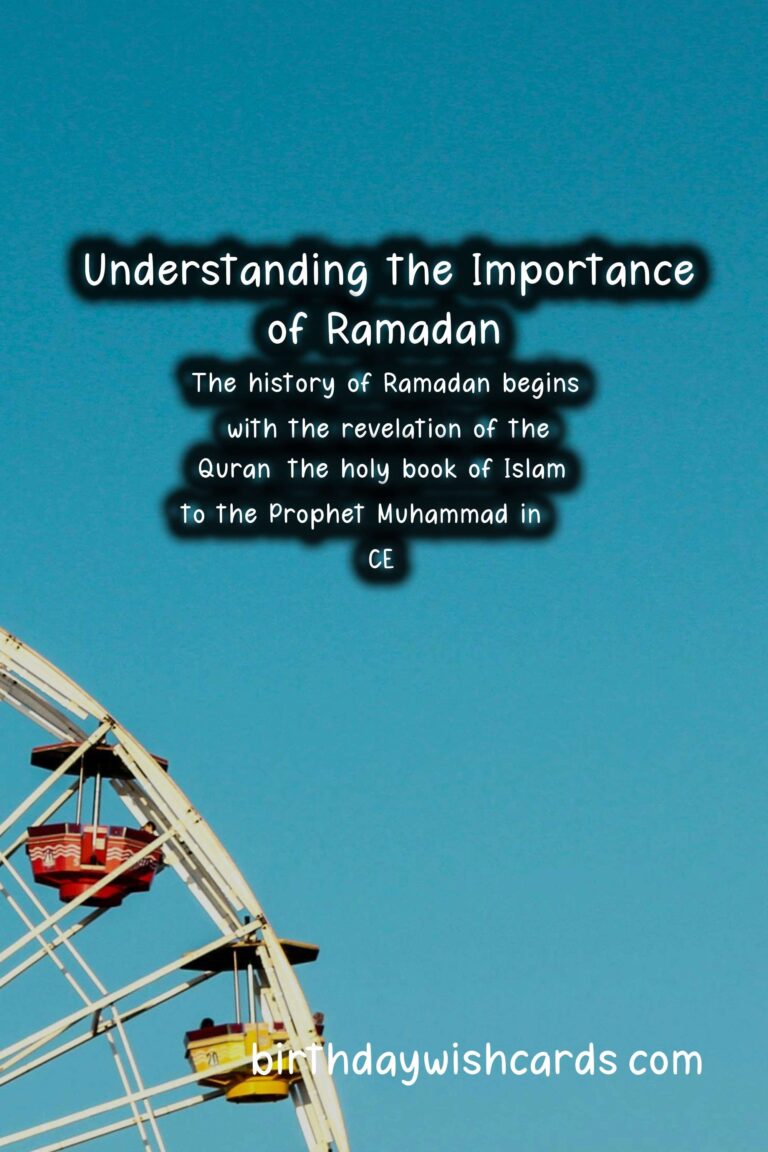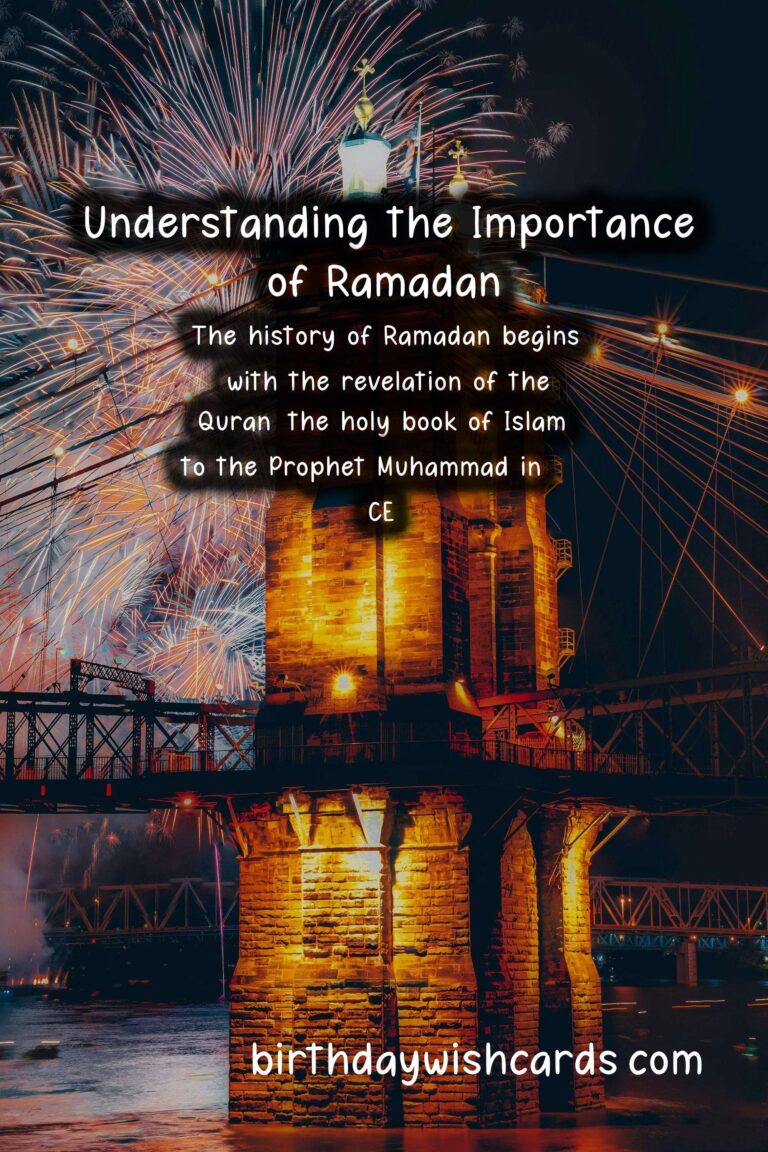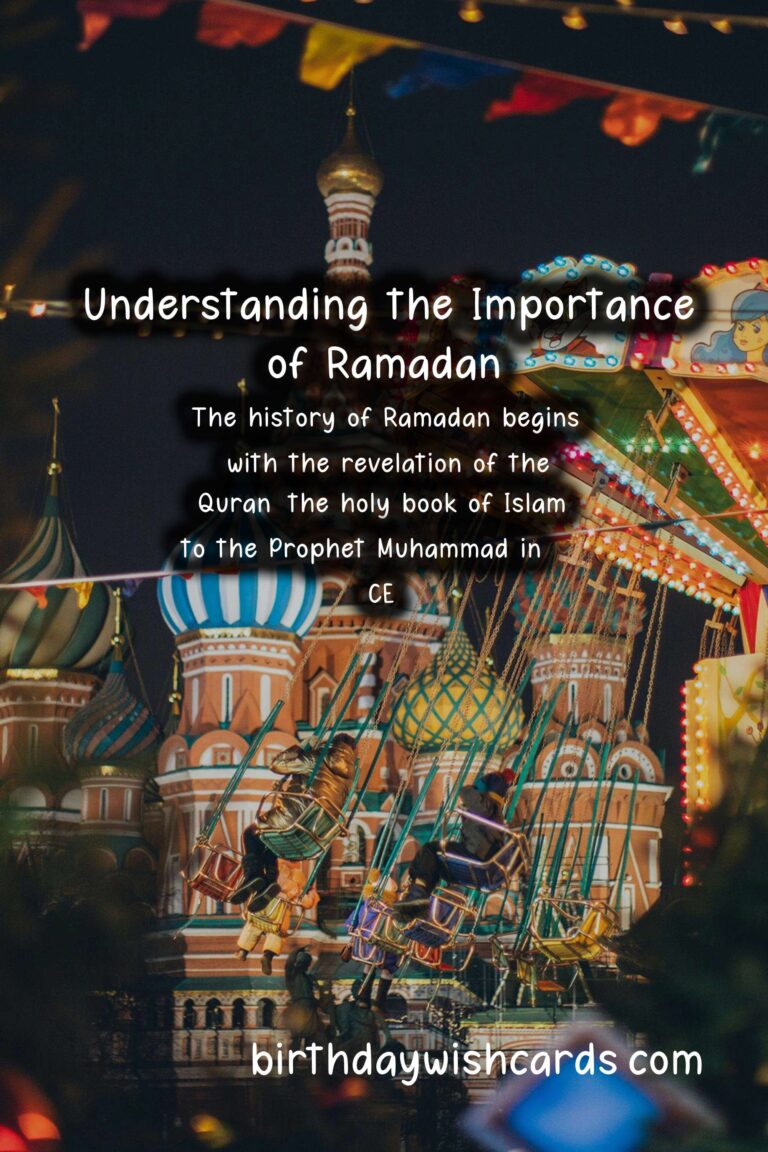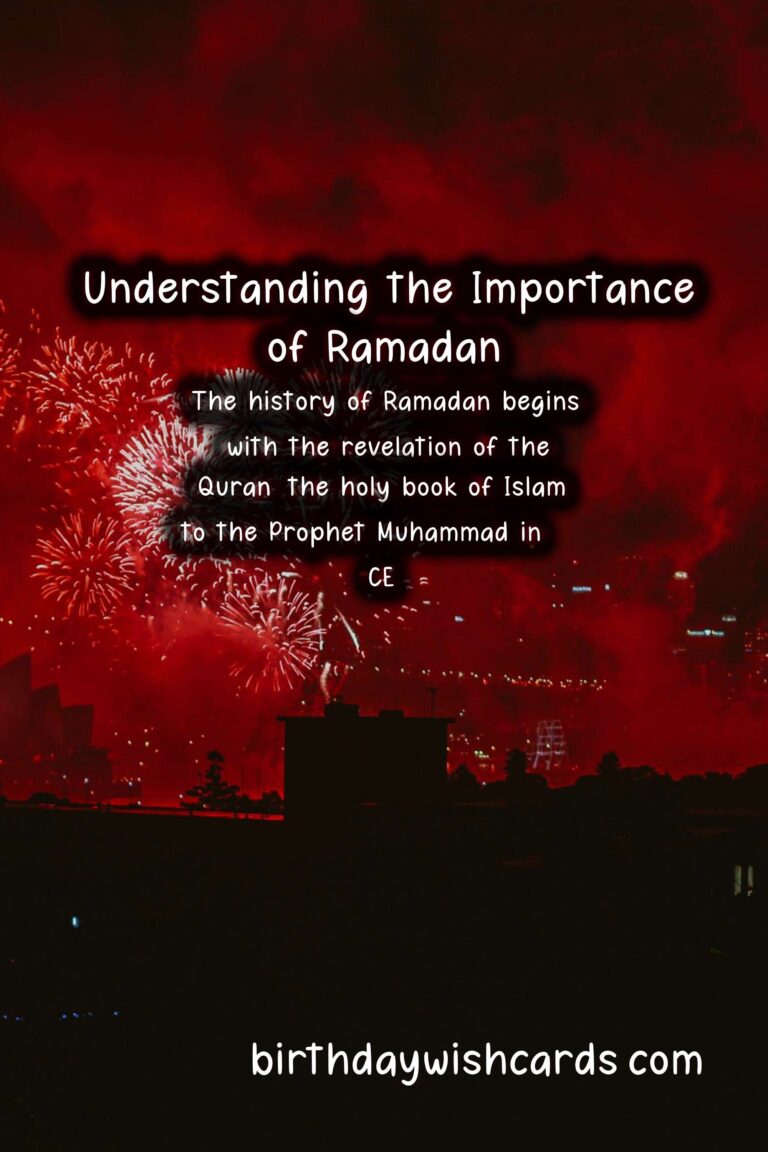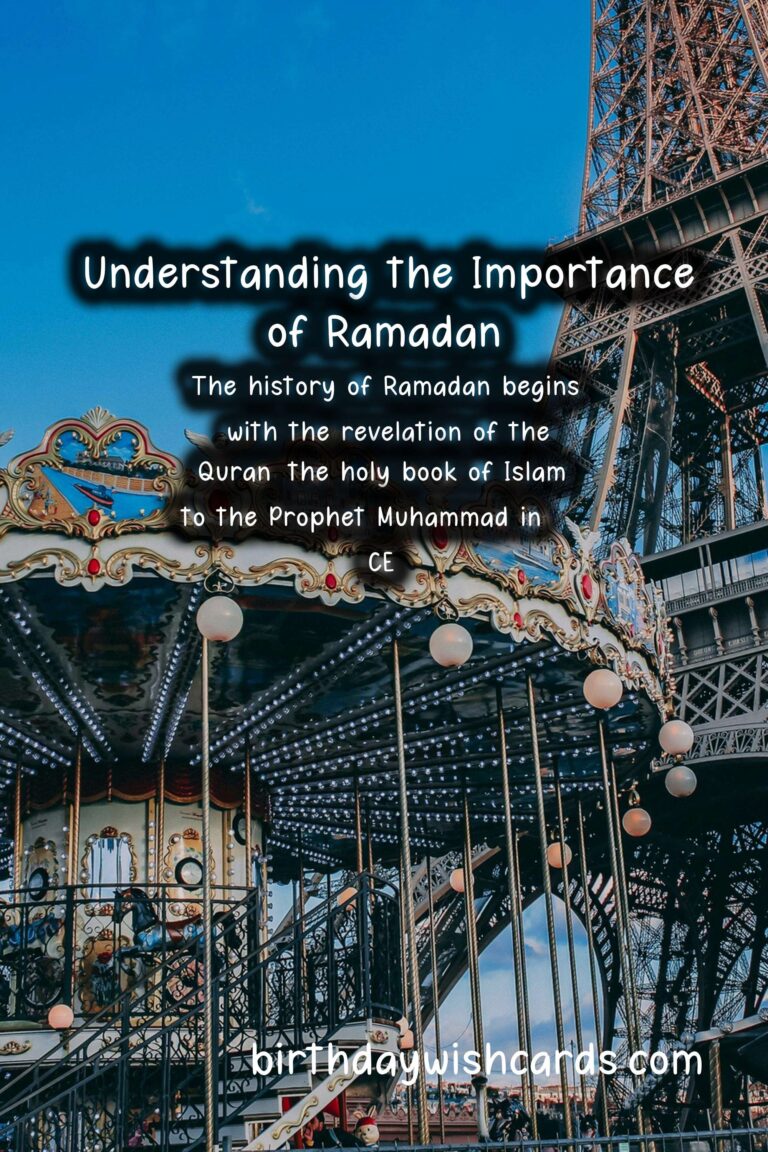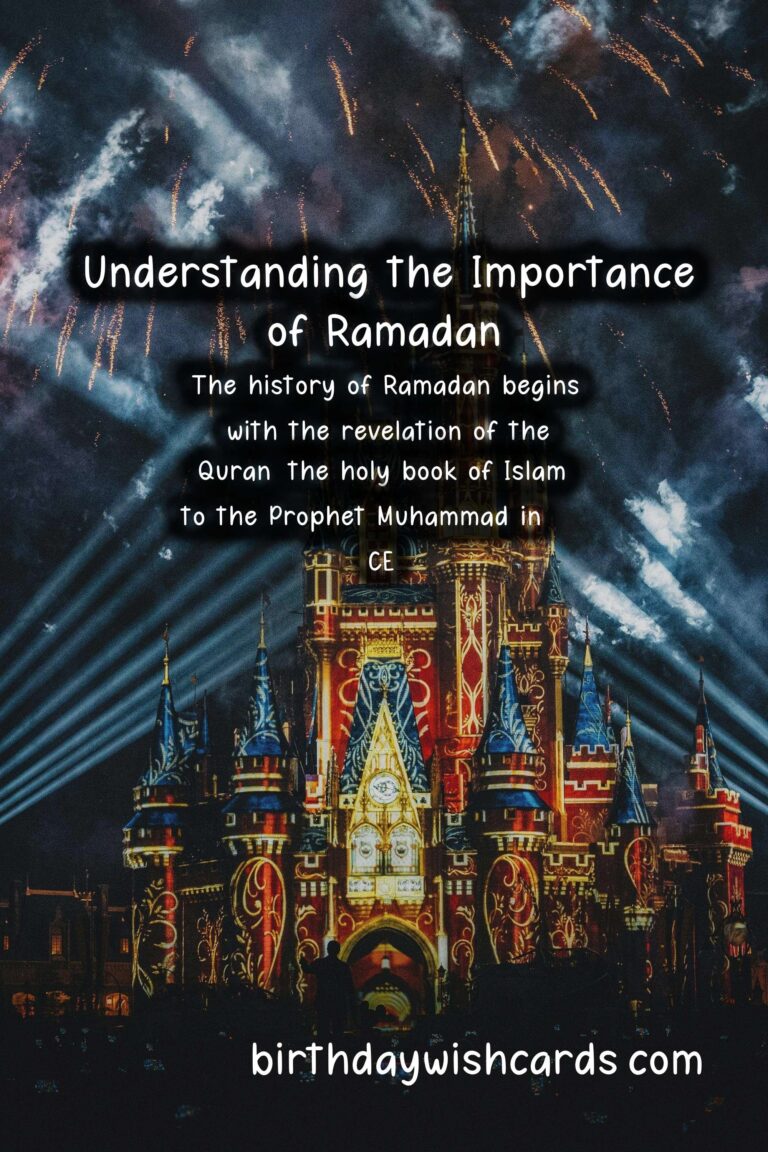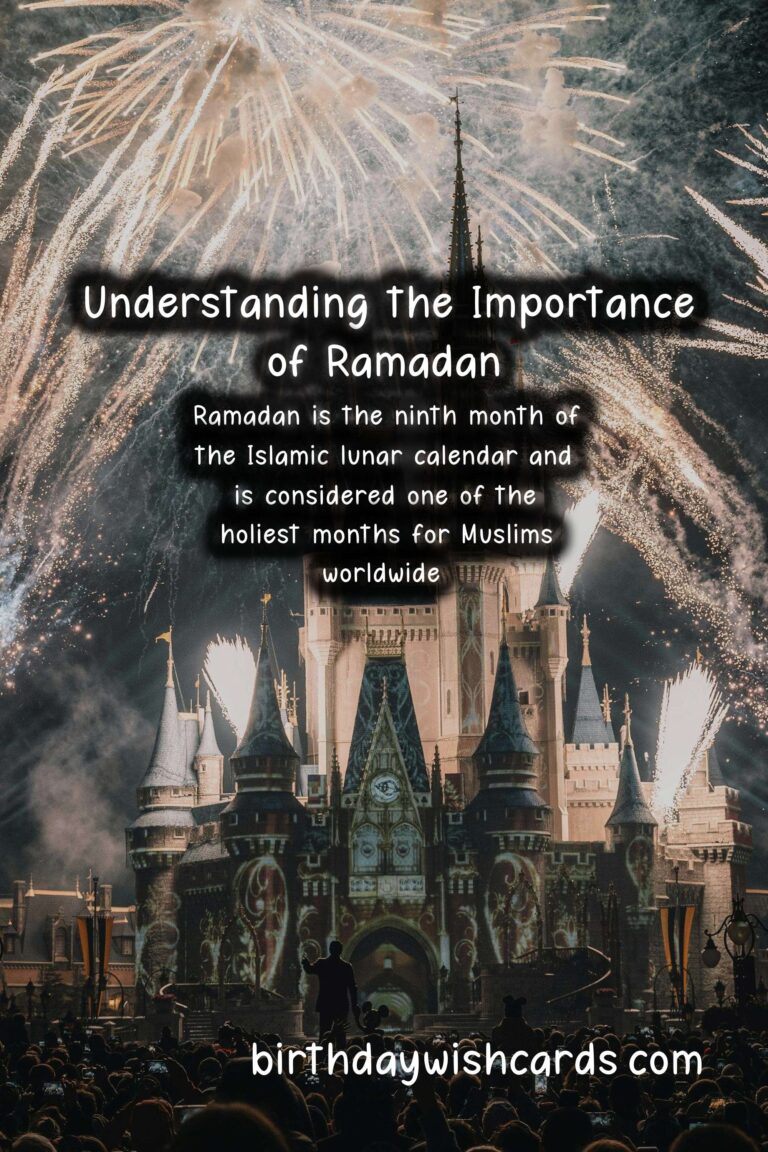
Ramadan is the ninth month of the Islamic lunar calendar and is considered one of the holiest months for Muslims worldwide. It is a time dedicated to increasing spiritual reflection, prayer, and community. The exact origin and significance of Ramadan are deeply rooted in the Islamic tradition, bringing both historical and spiritual relevance.
The Historical Background of Ramadan
The history of Ramadan begins with the revelation of the Quran, the holy book of Islam, to the Prophet Muhammad in 610 CE. This pivotal event, known as Laylat al-Qadr or the Night of Power, is believed to have occurred during this month, specifically on one of the last ten nights, most commonly observed on the 27th night.
Initially, fasting was prescribed for the early Muslims as a way to purify the soul and cultivate self-discipline. The Quran states that fasting during Ramadan was obligatory for all adult Muslims capable of doing so, marking the month as a time for reflection, devotion, and empathy towards those who are less fortunate.
The Spiritual Significance of Ramadan
Ramadan holds profound spiritual significance as it is a period when Muslims strive to enhance their relationship with Allah. Fasting during this month is not merely abstaining from food and drink; it involves refraining from negative behavior such as lying, gossiping, and arguing. The ultimate goal is to cultivate piety and mindfulness, turning one’s heart and mind towards God.
During Ramadan, Muslims also engage in additional prayers, often attending nightly Taraweeh prayers at mosques. These prayers provide an opportunity for communal worship and reflection on the teachings of the Quran. Additionally, many Muslims aim to read the entire Quran during the month, allowing for greater understanding and connection to their faith.
The Practices of Ramadan
One of the most observed practices during Ramadan is fasting, which begins at dawn (Fajr) and ends at sunset (Maghrib). The pre-dawn meal is called Suhoor, while the meal to break the fast is known as Iftar. Traditionally, Muslims break their fast with dates and water, following the practice of the Prophet Muhammad.
Besides fasting, Ramadan emphasizes the importance of charity (Zakat) and community. Muslims are encouraged to give generously to those in need, underscoring the themes of sympathy and generosity that are central to the month. Many individuals and families will prepare Iftar meals for those who may not have the means to break their fast, fostering a sense of community and support.
The Cultural Impact of Ramadan
Accepted globally, Ramadan transcends cultural boundaries. While the core religious practices remain consistent, customs and traditions surrounding Ramadan may vary widely between different regions. In many cultures, special dishes and treats are prepared during this month, adding a unique regional flavor to the traditions.
In countries where Islam is the predominant faith, the atmosphere during Ramadan is lively and filled with a sense of joy and unity among the community. Streets and markets are often bustling as people prepare for the nightly Iftar celebrations. Additionally, various events and activities promote interfaith dialogue and community engagement, allowing those outside of the Islamic faith to learn more about the significance of Ramadan.
The Last Days of Ramadan and Eid al-Fitr
As Ramadan approaches its conclusion, Muslims reflect on their experiences during the month and seek forgiveness for any shortcomings. The last ten nights, particularly Laylat al-Qadr, hold immense importance, as it is believed that prayers made on these nights are especially favorable.
The end of Ramadan is marked by Eid al-Fitr, a celebratory festival that symbolizes gratitude and joy. Families and communities gather to pray, share meals, and give charity to those in need. This highlights the sense of unity and communal support that Ramadan fosters.
The Conclusion: Ramadan’s Timeless Significance
In conclusion, Ramadan serves as a perpetual reminder of the significance of faith, compassion, and community in the lives of Muslims. From its historical origins to its profound spiritual practices, this holy month holds a unique place in the hearts of millions worldwide. It is a time for introspection, charity, and devotion, encouraging Muslims to strengthen their faith and connection to one another.
Through understanding the rich history and significance of Ramadan, we can deepen our appreciation for its role in shaping a vibrant, global Muslim identity.
Ramadan is the ninth month of the Islamic lunar calendar and is considered one of the holiest months for Muslims worldwide. The history of Ramadan begins with the revelation of the Quran, the holy book of Islam, to the Prophet Muhammad in 610 CE. 
